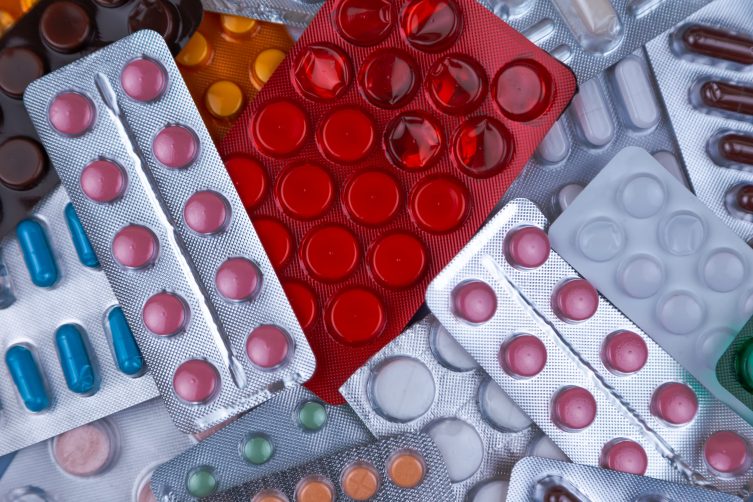Drug addiction, also termed substance use disorder, is a disease that adversely impacts a person’s brain and behaviour. The affected individual is unable to control the use of the drug. The addict continues to use the substance despite the harm caused by its usage.
Drug addiction can begin with experimental use of recreational activity in social situations. For some people, the drug use becomes more frequent. For others, particularly in the case of opioids, drug addiction starts with exposure to prescribed medications.
The risk of addiction and how fast you become addicted varies by drug. Some drugs, such as opioid painkillers, cause addiction more quickly than others.
As time passes, the person will need larger doses of the drug to get high and feel good. As the drug consumption increases, the individual may find that it is increasingly difficult to go without the drug. Attempts to stop drug usage may trigger intense cravings and physical illness (withdrawal symptoms).
What are the Signs of Drug Addiction?
- Strong desire to use the drug regularly
- Thoughts of using predominating all other
- Over time, needing more quantities of the drug to get the same effect
- Taking more massive amounts of the drug over a more extended period than intended
- Making sure that a supply of the drug is maintained
- Spending money on the drug, beyond one’s means
- Not able to meet obligations and work responsibilities or cutting back on social or recreational activities because of drug use
- Continuing to use the drug, even though it is causing physical or psychological harm
- Doing things to get the drug that the individual normally would not do, such as stealing
- Driving or doing other risky activities while under the influence of the drug
- Spending lots of time obtaining or using the drug, or recovering from its effects
- Trying but not able to stop using the drug
- Experiencing withdrawal symptoms when the drug intake is stopped












